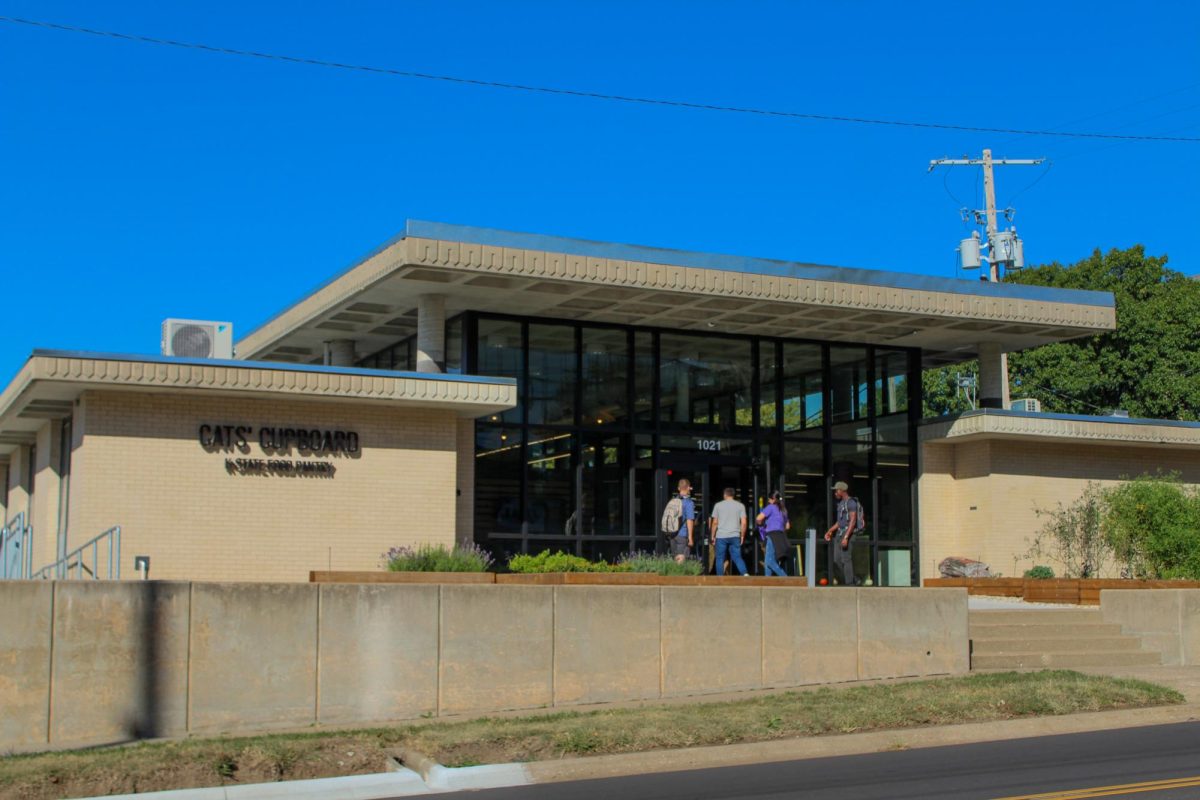Digitization has transformed so much around us, and education is no exception. The convenience, flexibility, and accessibility of online education have made it possible for millions of people to continue their studies, regardless of location or personal commitments. Traditional education, once limited by physical classrooms and rigid schedules, is now accessible to anyone with an internet connection.
This article will explore ten ways online learning has improved education, providing insight into why it’s considered a better alternative for many learners today.
- Flexibility in Scheduling
One of the most appealing aspects of online learning is the ability to create a personalized schedule. For many, the rigidity of traditional classroom settings can be a barrier to pursuing education, especially for those juggling work, family, and other responsibilities. Online courses allow learners to complete their studies when it suits them, whether that’s early in the morning, during lunch breaks, or late at night. This flexibility makes it possible for students from all walks of life to pursue higher education without having to sacrifice other commitments.
- A Wide Variety of Degree Options
The diversity of programs available online is one of its greatest strengths. Students can choose from an array of degree programs, ranging from short-term certificate courses to full-fledged advanced degrees. For example, an associate degree in general studies is an ideal option for students who are undecided about their career path. This degree provides a broad understanding of key disciplines such as humanities, social sciences, and natural sciences, allowing students to explore different subjects before committing to a specific major.
- Cost-Effective Education
The financial aspect of higher education is a major concern for many students, and online learning provides a solution by lowering the costs associated with traditional schooling. In-person education often includes expenses beyond tuition, such as commuting, relocation, and campus-related fees. With online education, many of these costs are eliminated.
Moreover, online programs often have lower tuition rates compared to their in-person counterparts. This affordability allows students to pursue their educational goals without the heavy financial burden that comes with traditional education, making higher education more accessible to a wider population.
- Accessibility for Remote Learners
For students living in rural or remote areas, accessing quality education can be challenging due to the lack of nearby educational institutions. Online learning solves this problem by making education available to anyone with an internet connection, regardless of their location.
Students from around the world can enroll in courses offered by universities in different countries, ensuring that no matter where they live, they have the opportunity to pursue a high-quality education. This has been a game-changer for those who may have been previously limited by geography, enabling them to achieve their academic and career goals from the comfort of their homes.
- Self-Paced Learning
Online education allows students to learn at their own speed, which is not always possible in traditional classroom settings. In a conventional environment, students are expected to keep up with a fixed schedule, which may not suit everyone’s learning pace. Online learning provides the flexibility to slow down when a topic is challenging or move quickly through materials that are easier to grasp.
This self-paced approach gives students the freedom to take control of their education, making learning a more personalized experience. It also helps those with learning differences or busy schedules to absorb content at a pace that works best for them, reducing stress and promoting better retention of information.
- Enhanced Technological Skills
In an increasingly digital world, having strong technological skills is essential for both personal and professional growth. Online learning provides an opportunity for students to not only gain knowledge in their chosen field but also develop a solid understanding of various digital tools.
As industries become more dependent on technology, employers value candidates who are proficient in digital tools. Online learners are often more tech-savvy, which gives them a competitive edge in the job market. This exposure to technology ensures that students are prepared to adapt to and excel in increasingly digital workplaces.
- Opportunities for Lifelong Learning
Education is no longer limited to the early stages of life. Online learning allows individuals to continue their education well into adulthood, offering opportunities for career growth, skill development, or personal enrichment. Whether someone is looking to switch careers, enhance their qualifications, or simply learn something new, online platforms make it easy to integrate learning into a busy life.
For professionals, this opens doors to upskilling or reskilling while maintaining full-time employment. They can take specialized courses or earn additional degrees without having to leave their jobs or relocate to attend in-person classes.
- Global Networking
Unlike traditional classroom settings, where students are limited to local or regional classmates, online education opens up opportunities for global interaction.
This global networking not only helps students gain a broader perspective on their studies but also allows them to build relationships with professionals and students from diverse backgrounds. The ability to collaborate with individuals from different cultures and regions helps students develop cross-cultural communication skills, which are increasingly valuable in today’s interconnected world. These connections can also lead to future collaborations and career opportunities in international settings.
- Customized Learning Experiences
Personalization is at the heart of online education, with many platforms using artificial intelligence and data analytics to tailor learning experiences to individual needs. Online learning systems can track student progress and recommend specific resources or areas of focus based on their performance. This allows students to have a more customized learning journey, ensuring that they spend more time on areas where they need improvement while moving more quickly through subjects they have already mastered. This individualized approach helps students achieve a deeper understanding of the material and leads to better academic outcomes.
- Sustainability and Environmental Impact
As the world grapples with environmental challenges, online learning offers a more sustainable option for education. By reducing the need for physical materials, such as textbooks and notebooks, and minimizing travel to campuses, online education can lower carbon footprint.
Moreover, universities and schools that have adopted online or hybrid learning models reduce the strain on physical resources like electricity, water, and building maintenance. Ultimately, with fewer people commuting, fewer buildings needing upkeep, and less reliance on paper, online education is a step toward a more eco-friendly future.
Online learning has done more than just change how we access education—it has reshaped the very nature of learning itself. It has empowered individuals to take control of their educational journeys, breaking down barriers of location, time, and cost. As we move forward, the flexibility and innovation that online learning offers will continue to redefine how we think about education, making it an essential tool for lifelong growth and development in an evolving world.
















































































































